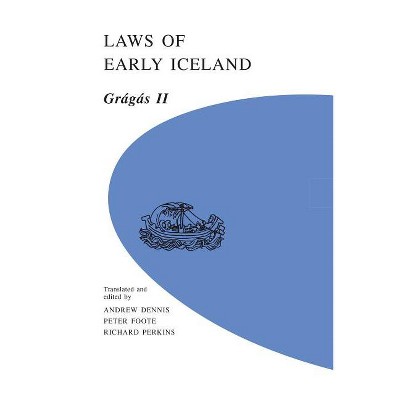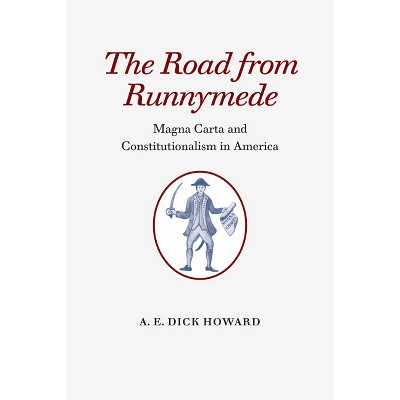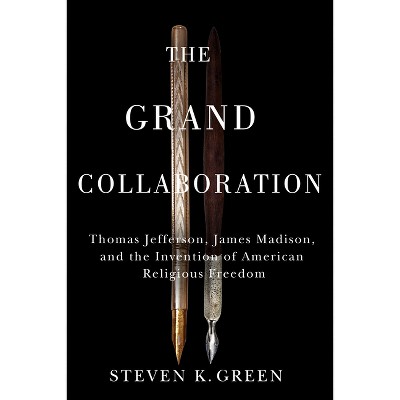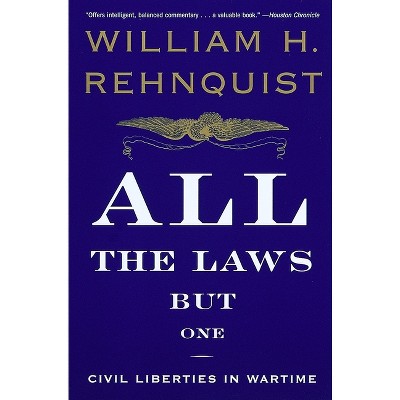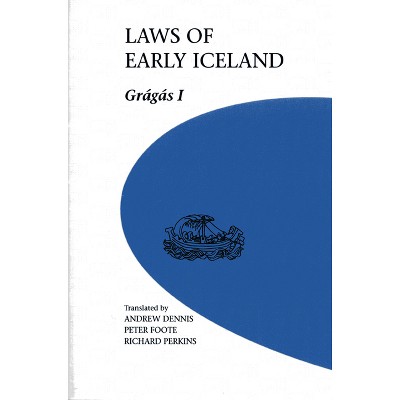About this item
Highlights
- Women were once excluded everywhere from the legal profession, but by the 1990s the Virginia Supreme Court had three women among its seven justices.
- About the Author: Peter Wallenstein teaches history at Virginia Polytechnic Institute and State University.
- 270 Pages
- Freedom + Security / Law Enforcement, Legal History
Description
About the Book
Wallenstein shows how people pushed for changes in the laws under which they live, love, work, vote, study, and shop--in Virginia, the South, and the nation.Book Synopsis
Women were once excluded everywhere from the legal profession, but by the 1990s the Virginia Supreme Court had three women among its seven justices. This is just one example of how law in Virginia has been transformed over the past century, as it has across the South and throughout the nation.
In Blue Laws and Black Codes, Peter Wallenstein shows that laws were often changed not through legislative action or constitutional amendment but by citizens taking cases to state and federal courtrooms. Due largely to court rulings, for example, stores in Virginia are no longer required by "blue laws" to close on Sundays.
Particularly notable was the abolition of segregation laws, modified versions of southern states' "black codes" dating back to the era of slavery and the first years after emancipation. Virginia's long road to racial equality under the law included the efforts of black civil rights lawyers to end racial discrimination in the public schools, the 1960 Richmond sit-ins, a case against segregated courtrooms, and a court challenge to a law that could imprison or exile an interracial couple for their marriage.
While emphasizing a single state, Blue Laws and Black Codes is framed in regional and national contexts. Regarding blue laws, Virginia resembled most American states. Regarding racial policy, Virginia was distinctly southern. Wallenstein shows how people pushed for changes in the laws under which they live, love, work, vote, study, and shop--in Virginia, the South, and the nation.
Review Quotes
There's nothing like this work in the literature of Virginia history.... I admire what Wallenstein has done and how he has done it. And I learned from him.
--Charles McCurdy, Professor of History, University of Virginia, author of The Anti-Rent Era in New York Law and Politics, 1839-1865Wallenstein's book is designed to reach scholars, students, and general readers in Virginia history, U.S. history, and the history of the South. I recommend it because of its unique approach, wide-ranging research, and good writing, all of which are brought to bear on important questions in Virginia, southern, and U.S. history in the twentieth century.
--J. William Harris, University of New Hampshire, author of Society and Culture in the Slave SouthAbout the Author
Peter Wallenstein teaches history at Virginia Polytechnic Institute and State University. His previous books include Tell the Court I Love My Wife: Race, Marriage, and Law--An American History.
Shipping details
Return details
Trending Business & Law Books


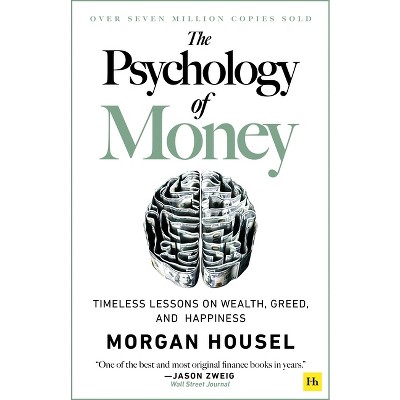
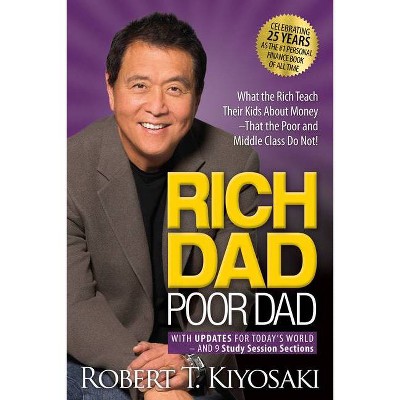

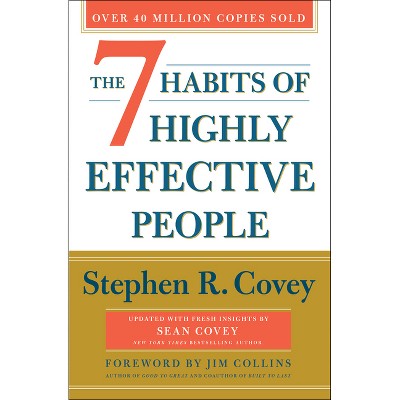
Discover more options
